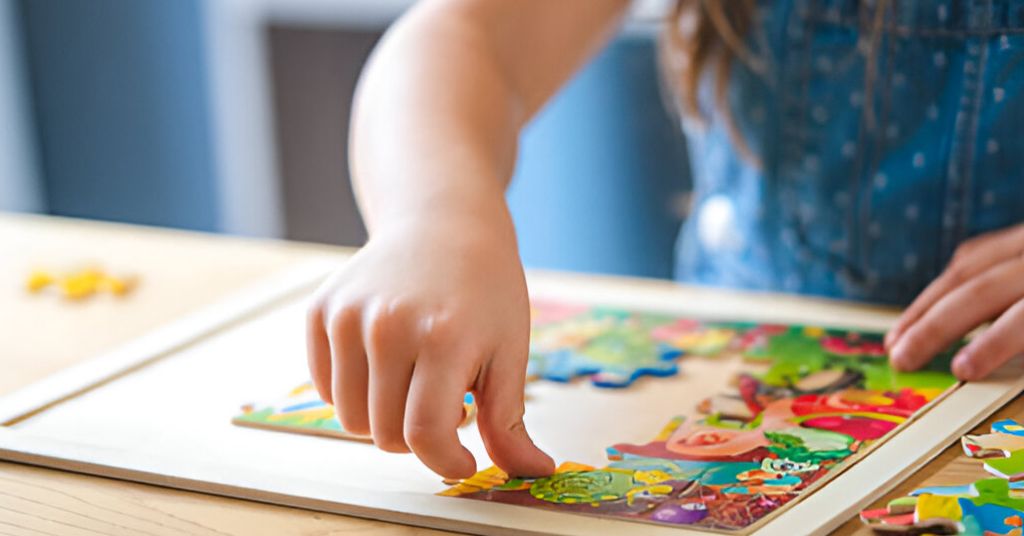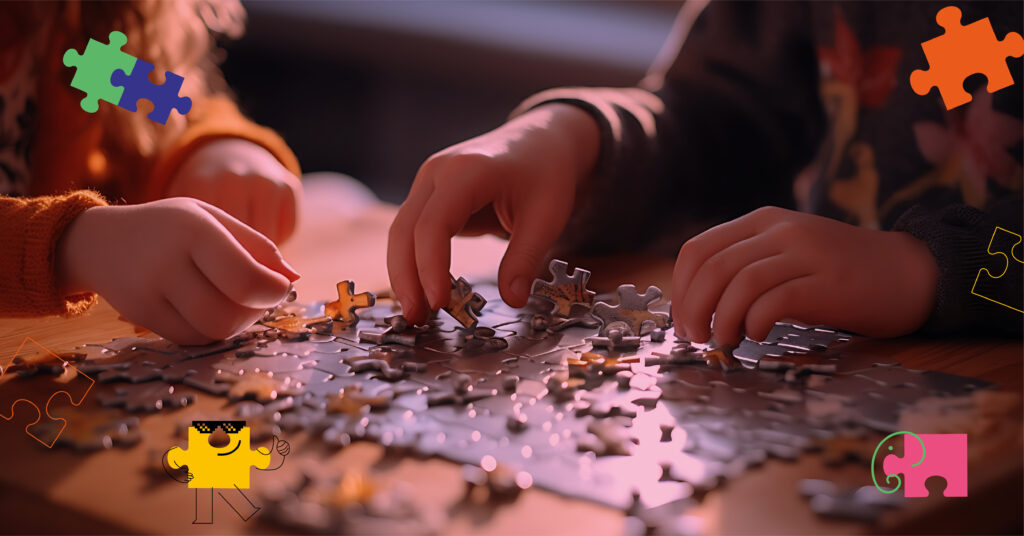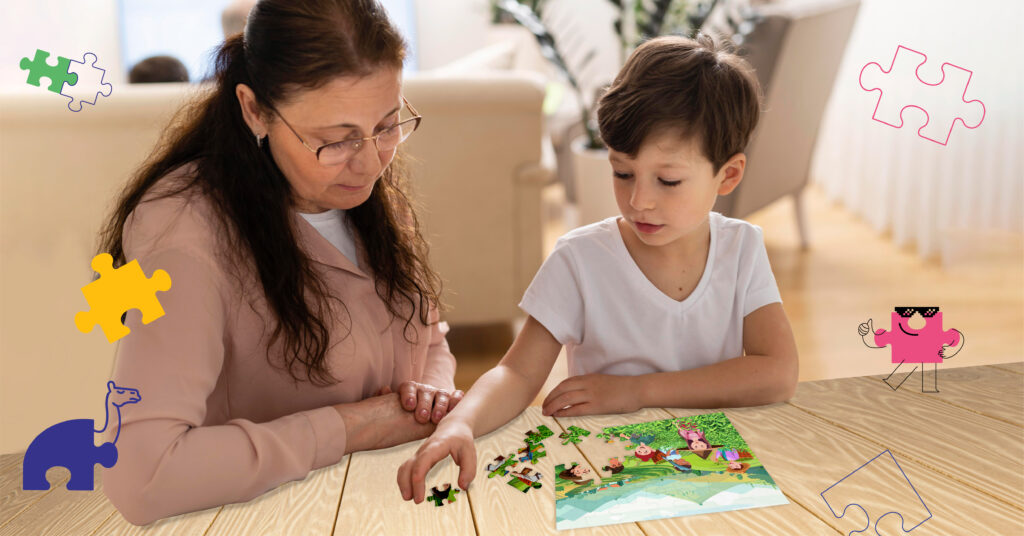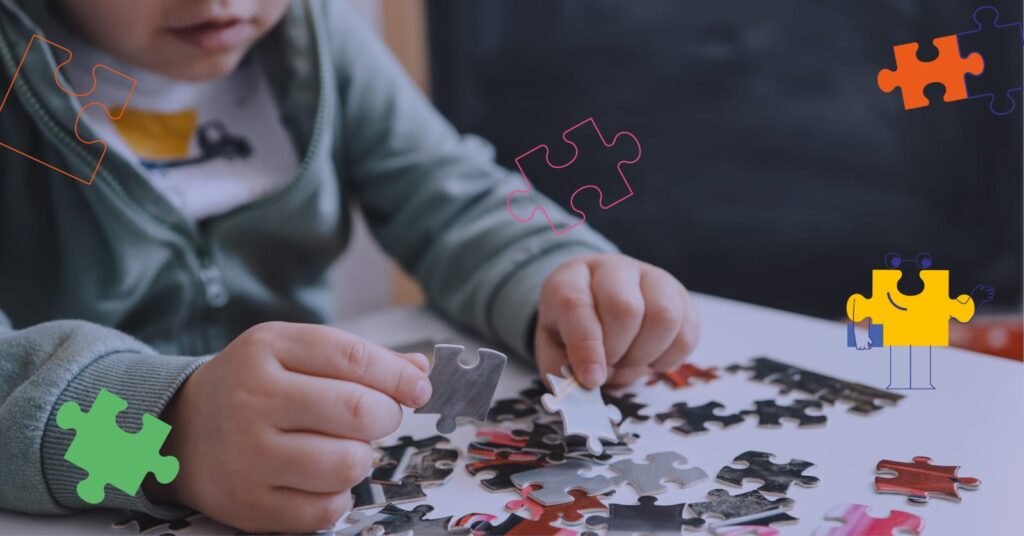Patience and resilience are essential life skills that help children navigate challenges, manage frustration, and build confidence. Patience enables children to focus and persist, while resilience teaches them to recover from setbacks and keep trying. One engaging way to nurture these traits is through puzzles. Puzzles naturally encourage children to think critically, work through difficulties, and develop perseverance.
How Puzzles Build Patience in Children
Encouraging Focus and Attention to Detail
Solving puzzles requires children to concentrate and pay close attention to small details. Whether it’s aligning puzzle pieces or finding patterns in a logic game, these activities help improve focus and the ability to sustain attention over time.
Teaching Kids to Work Through Challenges Without Giving Up
Puzzles present obstacles that require patience to overcome. Children learn that success comes from effort and determination, reinforcing the idea that difficulties can be resolved with persistence rather than frustration.
Developing Resilience Through Puzzles
Learning from Mistakes and Trying Again
When kids attempt to solve a puzzle, they often make mistakes. Instead of feeling discouraged, they learn that trial and error is a natural part of the process. This helps them build resilience by understanding that setbacks are opportunities for growth.
Understanding That Progress Takes Time and Effort
Completing a puzzle can take time, especially more complex ones. This experience teaches kids that achievements require patience and effort, instilling a strong work ethic and a positive attitude toward challenges.
Boosting Confidence by Solving Increasingly Complex Puzzles
As children progress from simple to more difficult puzzles, they gain a sense of accomplishment. This gradual improvement fosters self-confidence and reinforces the idea that perseverance leads to success.
Tips for Encouraging Patience & Resilience Through Puzzles
Choosing the Right Puzzle Difficulty Level
Selecting puzzles that match a child’s age and skill level ensures they stay engaged without becoming overwhelmed. Gradually increasing difficulty levels helps build their resilience over time.
Also Read: How to Choose The Right Puzzle As Per Difficulty Level
Allowing Kids to Struggle and Solve Without Immediate Help
Giving children the space to work through puzzles independently fosters problem-solving skills. Encouraging them to think critically and try different approaches strengthens their ability to cope with challenges.
Praising Effort Rather Than Just Success
Focusing on effort rather than outcomes teaches children that persistence is valuable. Acknowledging their determination helps them develop a positive attitude toward challenges and setbacks.
Puzzles provide a fun and educational way to foster patience and resilience in children. By challenging kids to stay focused, overcome obstacles, and learn from mistakes, puzzles contribute to emotional and cognitive growth. Parents can use puzzles as a valuable tool to help their children develop these essential life skills, preparing them for future challenges with confidence and perseverance.
To Buy the Best Puzzles & Educational Toys for your Child, check out our collection.



